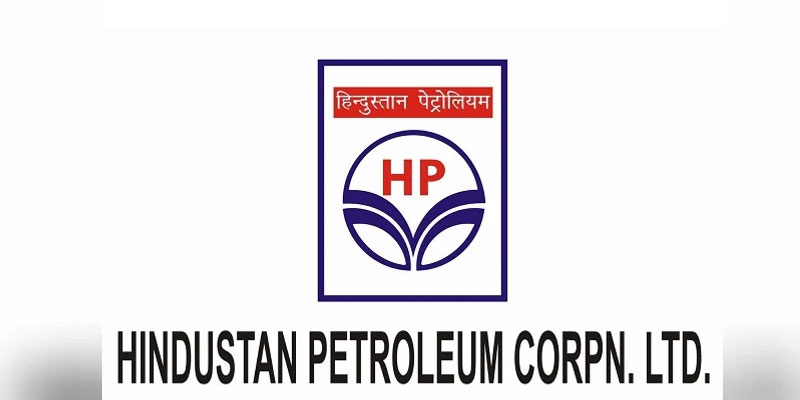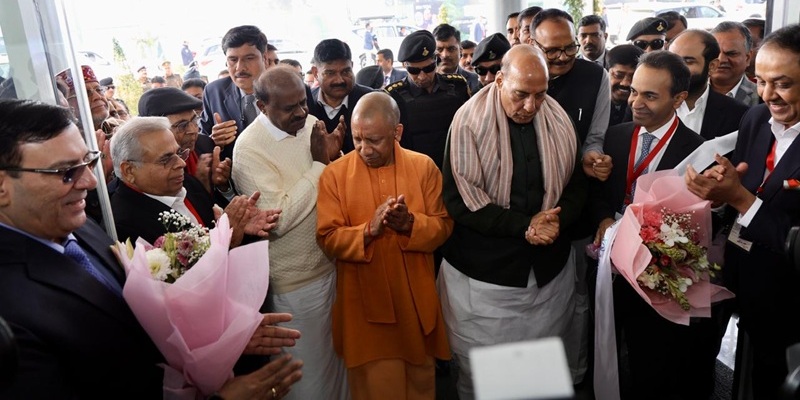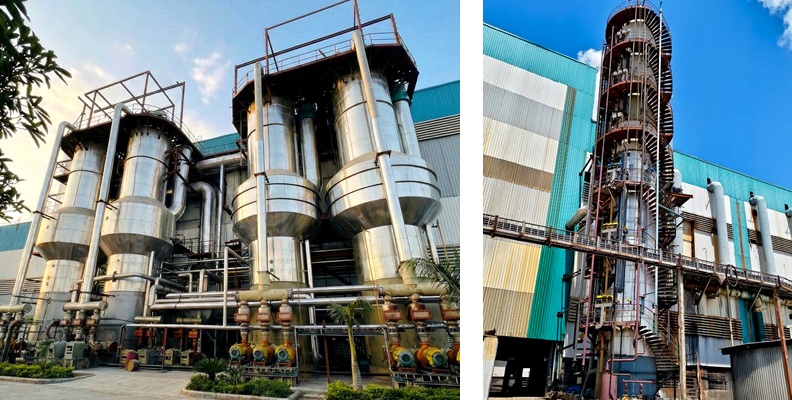Schedule a Call Back
SIDBI aims for 25% MSME lending share, plans equity boost and green fund
 Industry News
Industry News- Sep 14,23
Established in 1990 through an Act of Parliament, SIDBI functions as a development financial institution (DFI) with the primary objectives of promoting, financing, and fostering the growth of the MSME sector.

The Small Industries Development Bank of India (SIDBI) has set its sights on capturing a 25% share of the total lending to micro, small, and medium enterprises (MSMEs) within the banking system over the next three years, a significant jump from its current 14% share. To achieve this ambitious goal, SIDBI plans to bolster its equity capital, including raising Rs 5,000 crore in two separate tranches, as outlined by S Ramann, the Chairman and Managing Director of SIDBI. This capital-raising initiative will involve a rights issue scheduled for the upcoming year.
Established in 1990 through an Act of Parliament, SIDBI functions as a development financial institution (DFI) with the primary objectives of promoting, financing, and fostering the growth of the MSME sector, as well as coordinating the activities of institutions engaged in similar endeavours.
Ramann elaborated on SIDBI's current lending landscape, stating, "We operate both as a refinance bank and a direct lending institution. As of the end of March 2023, our total loan portfolio amounted to Rs 4 lakh crore, and we anticipate reaching Rs 5 lakh crore by the close of the current fiscal year."
Highlighting SIDBI's impressive growth in recent years, Ramann pointed out, "Just two years ago, SIDBI's share of total MSME lending was a mere 7%. Today, that figure has surged to 14%, and we expect it to cross the 15% mark within the next year."
SIDBI's loan portfolio consists of a substantial 92% indirect financing component and a smaller 8% direct financing component. Ramann foresees this ratio shifting to 85:15 within a couple of years.
Ramann emphasised the crucial role of digital banking in reaching underserved MSEs (Micro and Small Enterprises) that require loans ranging from Rs 1 lakh to Rs 5 lakh, often lack GST and PAN registration, and may not file tax returns. He said, "While interest rates in the sub-Rs 1 lakh loan segment are high, MSEs do manage to obtain credit from microfinance institutions (MFIs), which, in turn, borrow from other sources, resulting in elevated credit costs. Our goal is to offer financing at approximately half the interest rates charged by MFIs, positioning ourselves as a lender dedicated to the micro, nano, and tiny segments."
In addition to expanding its reach in the MSME sector, SIDBI has plans to establish a green fund-of-funds (FoF) to support sustainability initiatives such as solar rooftops, electric vehicles (EVs), the circular economy, and food and health projects, which are vital for India's future. Ramann shared, "We have collaborated with the government on this program, initially setting up a Rs 10,000 crore startup FoF. We have successfully selected promising Alternative Investment Funds (AIFs) in which we invest as a limited partner (LP), and these AIFs, in turn, support around 1,000 startups. Now, building on this successful model, we intend to create 15-20 more AIFs dedicated to green and climate-related sectors to address one of the world's most pressing challenges." To finance this green initiative, SIDBI has allocated Rs 500 crore from its budget and aims to enlist the support of like-minded institutions, sovereign funds, the World Bank, the ADB, and others.
Lastly, SIDBI has launched a venture debt program for startups, recognising that they often face challenges in securing traditional bank financing during their initial years, even when generating revenue. Ramann stressed the importance of taking calculated risks as a DFI to support the growth of these businesses, citing the successful track record of SIDBI's investments in microfinance institutions over the past two decades.
Source: Business Line
SIDBI
MSME lending
India
SME sector
Chairman Ramann
Small Industries Development Bank of India
World Bank
ADB
Related Stories
Chemicals, Lubricants & Raw Material

HPCL Commissions Residue Upgradation Unit at Vizag
New facility boosts distillate output and refinery margins
Read moreAutomation & Robotics

Mahindra Launches XUV 3XO EV With New Electric Powertrain
Electric SUV debuts with 39.4 kWh battery from Rs 1.39 million
Read moreOther Industrial Products

Hi-Tech Pipes Starts Commercial Output at Kathua Plant
New Jammu unit boosts capacity and strengthens northern market reach
Read more














